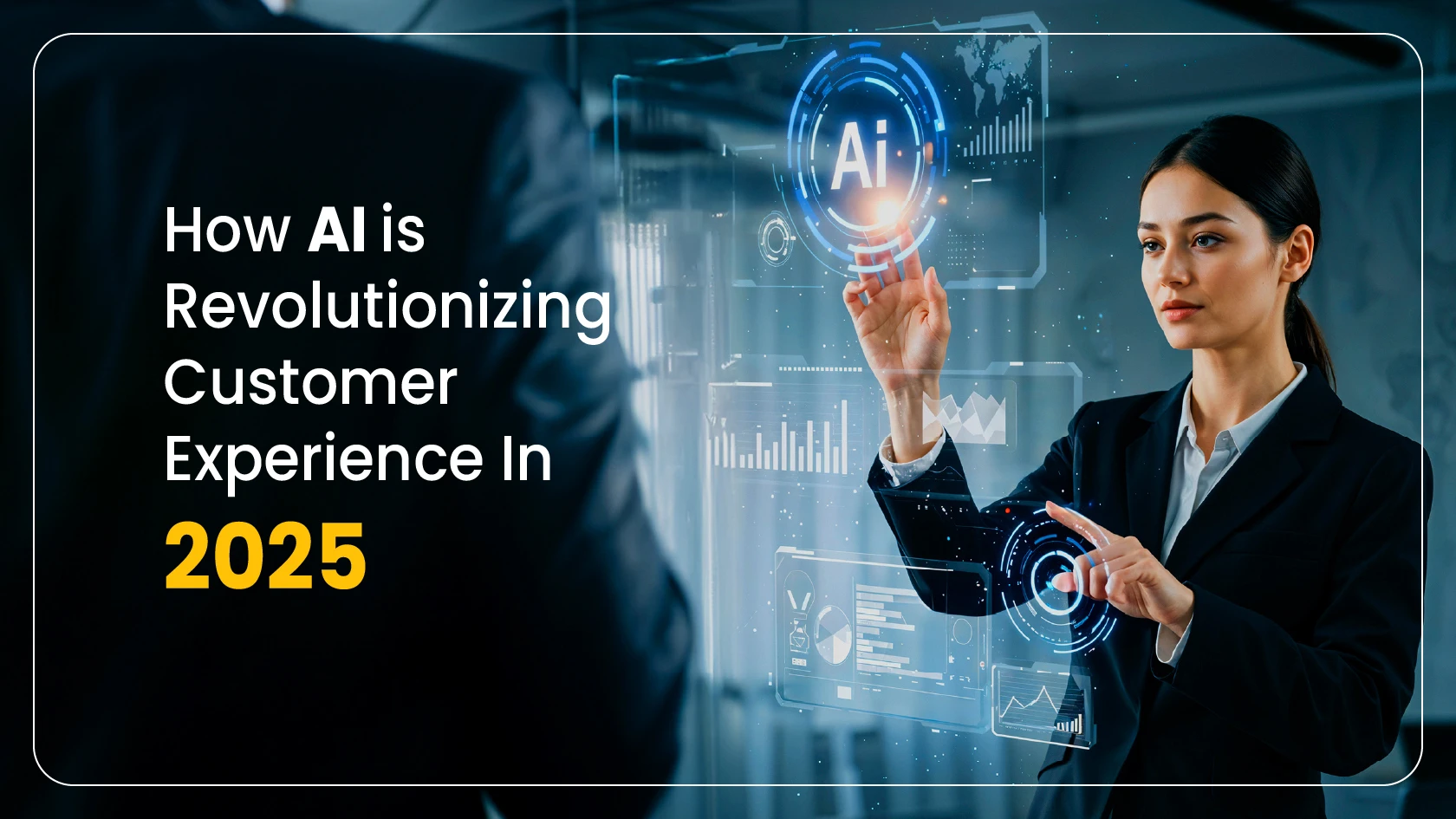For years, businesses have relied on surveys, Net Promoter Scores (NPS), and focus groups to understand their customers. These traditional methods provide valuable snapshots, but in today’s fast-paced, digital-first world, they often paint an incomplete picture. Customer expectations are evolving rapidly, and understanding their true experience requires deeper, real-time insights.
Enter Artificial Intelligence (AI). AI isn’t just automating tasks; it’s fundamentally transforming how we conduct Customer Experience (CX) research. By analyzing vast amounts of unstructured data – from social media comments to chatbot transcripts – AI offers a richer, more nuanced understanding of customer sentiment and behavior than ever before.
The Limits of Traditional CX Measurement
While surveys and NPS scores have their place, they suffer from key limitations:
- Lagging Indicators: They tell you how a customer felt in the past, often days or weeks after an interaction.
- Survey Fatigue: Customers are bombarded with surveys, leading to low response rates and potentially biased feedback.
- Limited Scope: They often fail to capture the nuances of emotion or the context behind a customer’s rating.
- Inability to Scale: Manually analyzing thousands of open-ended comments or support tickets is practically impossible.
How AI Supercharges CX Research
AI introduces powerful new capabilities to understand your customers at scale and in real-time:
1. Unlocking Sentiment from Unstructured Data
- The Power: AI algorithms (specifically Natural Language Processing – NLP) can analyze millions of customer comments from social media, review sites, emails, and chat logs.
- The Insight: Go beyond simple star ratings. Automatically identify key themes, understand the intensity of customer emotions (positive, negative, neutral), and pinpoint the specific drivers of satisfaction or frustration in their own words. 🗣️
2. Predicting Future Behavior & Proactive CX
- The Power: AI models can analyze past customer behavior patterns (purchase history, support interactions, website navigation) to predict future actions.
- The Insight: Identify customers at high risk of churning before they leave. Predict which customers are most likely to upgrade or purchase again. This allows you to intervene proactively with targeted offers or support, transforming CX from reactive to predictive. 🔮
3. Personalization at Scale
- The Power: AI analyzes individual customer data to understand unique preferences and needs.
- The Insight: Move beyond broad segments. Deliver truly personalized marketing messages, product recommendations, and support interactions that make each customer feel understood and valued, significantly boosting loyalty. ✨
The Winning Formula: AI Insights + Human Strategy
AI provides powerful insights, but data alone doesn’t create a better customer experience. The real magic happens when these AI-driven findings are combined with expert human analysis and strategic thinking.
This is where market research remains crucial. We help you:
- Validate AI Findings: Cross-reference AI-generated sentiment with qualitative research (like in-depth interviews) to understand the deeper context and “why.”
- Translate Insights into Action: Convert complex data patterns into clear, actionable business strategies for product development, marketing, and service improvements.
- Prioritize Initiatives: Identify which AI-driven CX improvements will deliver the highest ROI and align best with your overall business goals.
Navigate the Future of CX with McKinley Research
Leveraging AI for customer insights requires specialized skills and tools. At McKinley Research, we bridge the gap between cutting-edge AI analytics and actionable business strategy.
We help you harness the power of AI to gain unparalleled customer understanding, while our expert analysts provide the strategic guidance needed to turn those insights into tangible improvements in customer loyalty, retention, and profitability.
Ready to truly understand your customers in the AI era? Contact McKinley Research today!


